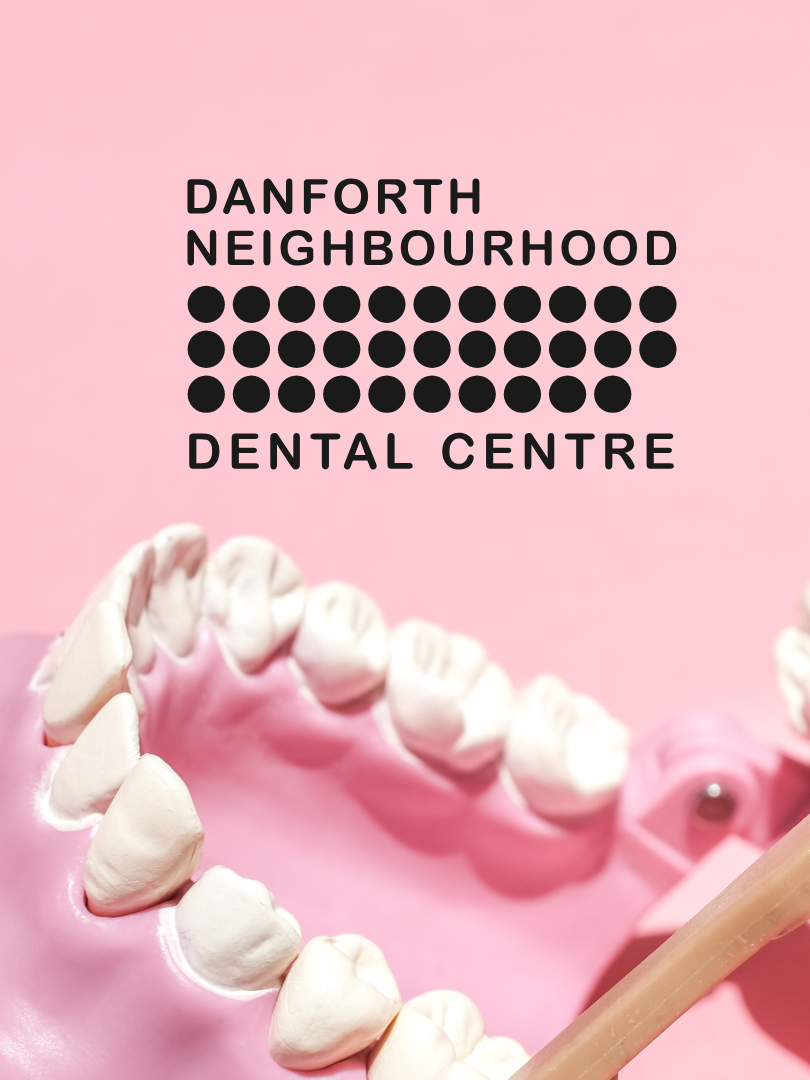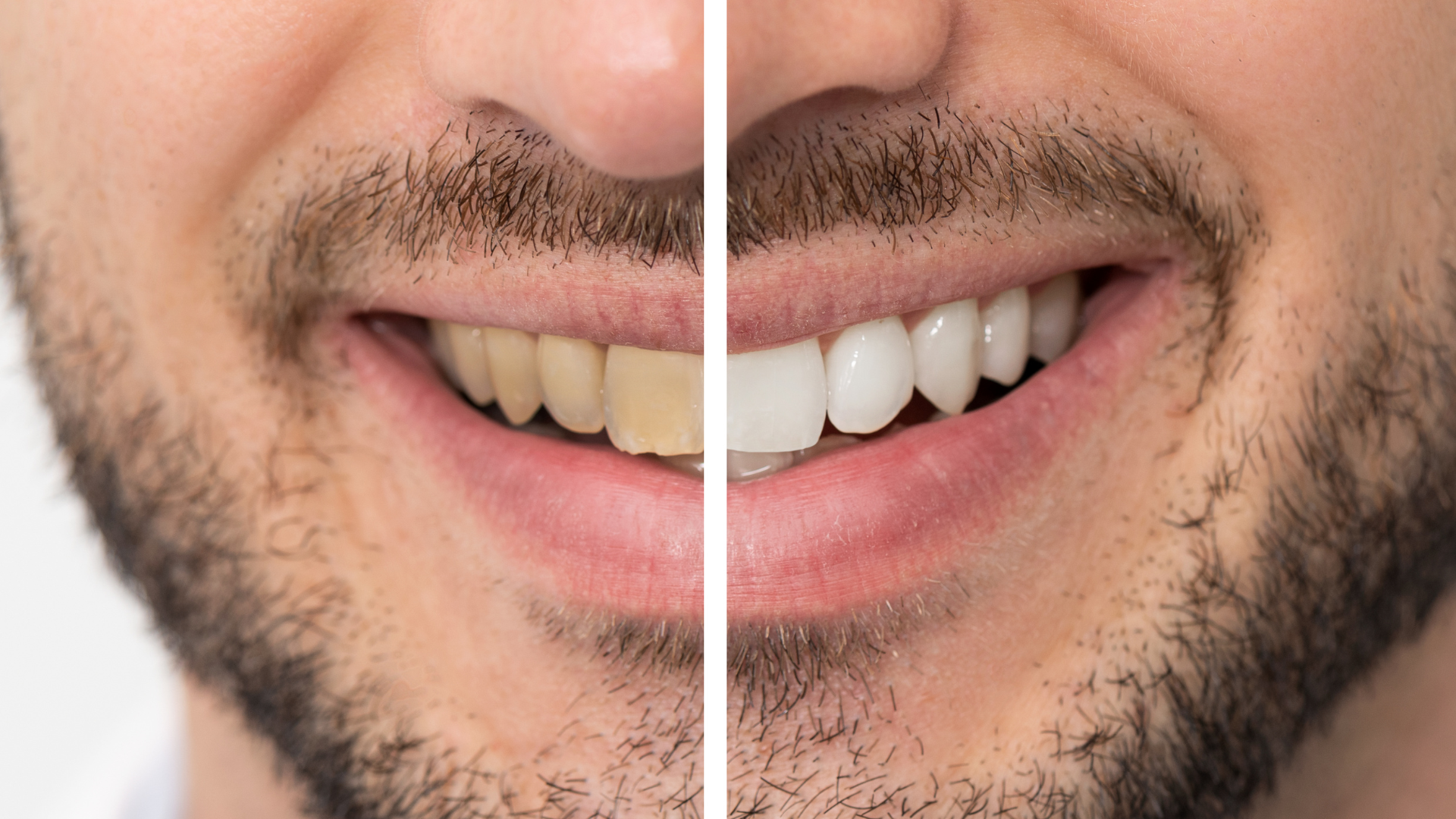Top 5 Reasons You Might Need an Emergency Dentist in Toronto
1. Severe Toothache
A severe toothache can be a sign of a bigger problem. If you’re experiencing intense pain, it’s important to see an emergency dentist right away. Here are some common causes of toothaches:
- Cavities or tooth decay
- Gum disease
- Tooth abscess
Ignoring a toothache can lead to more serious issues, so don’t wait too long to get help.
Visiting a dentist like Danforth Neighbourhood Dental Centre can help you find relief and prevent further damage.
2. Broken Tooth
A broken tooth can happen to anyone, and it often requires immediate attention. If you experience a broken tooth, seeing an emergency dentist as soon as possible is important. Here are some common causes of broken teeth:
- Chewing hard foods, like ice or hard candy
- Accidents or falls
- Teeth grinding, also known as bruxism
When you visit an emergency dentist like Danforth Neighbourhood
Dental Centre, they can help you with the following:
- Assess the damage to your tooth
- Provide pain relief if needed
- Discuss treatment options, which may include bonding, crowns, or extraction.
Remember, a broken tooth can lead to further issues if not treated quickly. Don’t wait too long to get help!
3. Lost Filling
When you lose a filling, it can be uncomfortable and may lead to further dental issues if not addressed quickly. It’s important to see an emergency dentist as soon as possible. Here are some reasons why:
- Pain Relief: A lost filling can expose sensitive areas of your tooth, causing pain.
- Prevent Further Damage: Leaving a tooth unprotected can lead to decay or infection.
- Quick Fix: An emergency dentist can often replace the filling on the same day, saving you from future problems.
Don’t wait too long to seek help if you lose a filling. Visiting a place like Danforth Neighbourhood Dental Centre can promptly ensure you get the necessary care.
4. Abscessed Tooth
An abscessed tooth is a severe dental issue that can cause pain and discomfort. It happens when an infection occurs at the tooth's root or gums. Here are some signs that you might have an abscessed tooth:
- Severe toothache that doesn’t go away
- Swelling in your gums or face
- Bad taste in your mouth or bad breath
If you notice these symptoms, you must see an emergency dentist immediately.
An abscess can lead to more serious health problems if not treated quickly. Visiting a place like Danforth Neighbourhood Dental Centre can help you get the care you need.
5. Dental Trauma
Dental trauma can happen unexpectedly, often due to accidents or sports injuries. If you experience dental trauma, seeing an emergency dentist in Toronto as soon as possible is important. Here are some common types of dental trauma:
- Chipped Teeth: A small piece of your tooth may break off.
- Knocked-Out Teeth: A tooth can be completely dislodged from its socket.
- Fractured Teeth: A crack can form in the tooth, affecting its structure.
Seeking immediate care from a professional like Danforth Neighbourhood Dental Centre can help save your tooth and prevent further damage.
In case of dental trauma, remember to:
- Stay calm and assess the situation.
- Rinse your mouth gently with warm water.
- If a tooth is knocked out, keep it moist by placing it in milk or saline until you reach the dentist.
Final Thoughts
In conclusion, knowing when to see an
emergency dentist in Toronto can make a big difference in your dental health. Whether it’s a sudden toothache, a broken tooth, or an injury, getting help quickly is important. Don’t wait too long; it can lead to more significant problems later. Always keep the contact information of a trusted emergency dentist handy. Taking care of your teeth is essential, and being prepared can save you a lot of pain and trouble.





